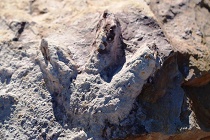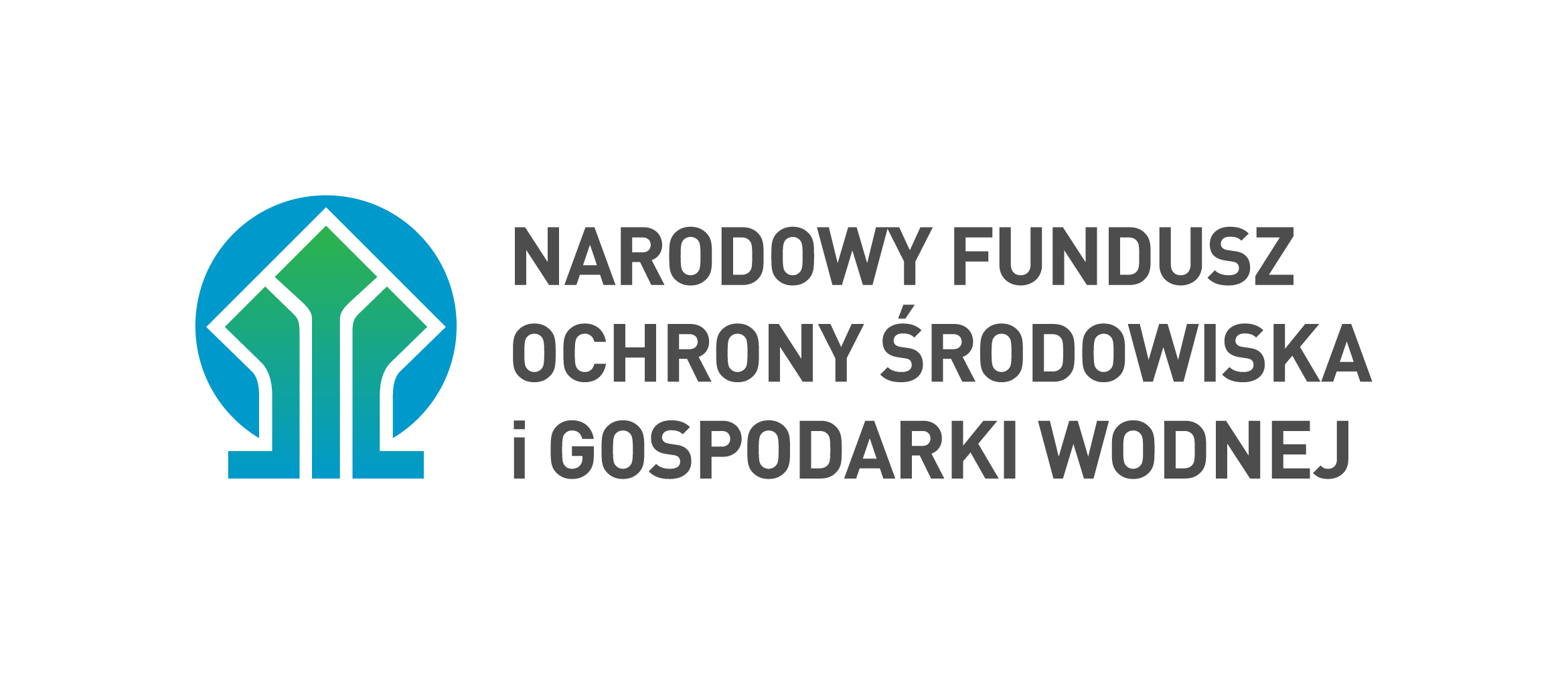 Every year in October, on the first Sunday of Earth Science Week, we are celebrating International EarthCache Day. In 2023, this holiday falls on 8 October. What is EarthCache and why we, geologists, are interested in it? Please find out about it below!
Every year in October, on the first Sunday of Earth Science Week, we are celebrating International EarthCache Day. In 2023, this holiday falls on 8 October. What is EarthCache and why we, geologists, are interested in it? Please find out about it below!
The term EarthCache is inextricably linked to geocaching, a type of outdoor game that involves searching for hidden 'treasure' in the field using given coordinates and a GPS receiver (usually a smartphone). One variation of geocaching is the EarthCache, which is a special cache dedicated to geology. In the case of EarthCache, the given coordinates lead the player to a geologically interesting location. The idea behind EarthCaches is simply to popularise knowledge about the Earth, show unique geological objects and explain natural processes.
The world's first EarthCache was established in 2004 in Australia on the initiative of geologist Gary Lewis and in cooperation with The Geological Society of America. It should be highlighted that the Polish Geological Institute – PGI has become the second institution in the world to take EarthCache under its auspices. Patronage is also followed by action.
So far, the PGI-NRI has set up in Poland as many as 119 EarthCaches on its PGI-NRI profile on geocaching.com. Thanks to EarthCache, we are able to present complex geological issues in an interesting, often humorous form, and show various places interesting from the point of view of Earth sciences.
In 2020, a new edition of EarthCache has been created, called 'Planetary Geology on Earth'. This is a special series showing geological phenomena, processes and formations that occur in similar form in the space. We can already boast two caches of this type: in the 'Morasko Meteorite' Reserve in Poznań and in a former quarry in Olewina near Wieluń.
Join us for some geological fun!


Maintenance of the PGI-NRI's EarthCache network is carried out within the framework of the state geological survey task 'Protection of geodiversity, geoeducation and geotourism', financed by the National Fund for Environmental Protection and Water Management.














 PGI-NRI offer
PGI-NRI offer Mineral resources of Poland
Mineral resources of Poland  Oil and Gas in Poland
Oil and Gas in Poland 



 Subscribe to RSS Feed
Subscribe to RSS Feed